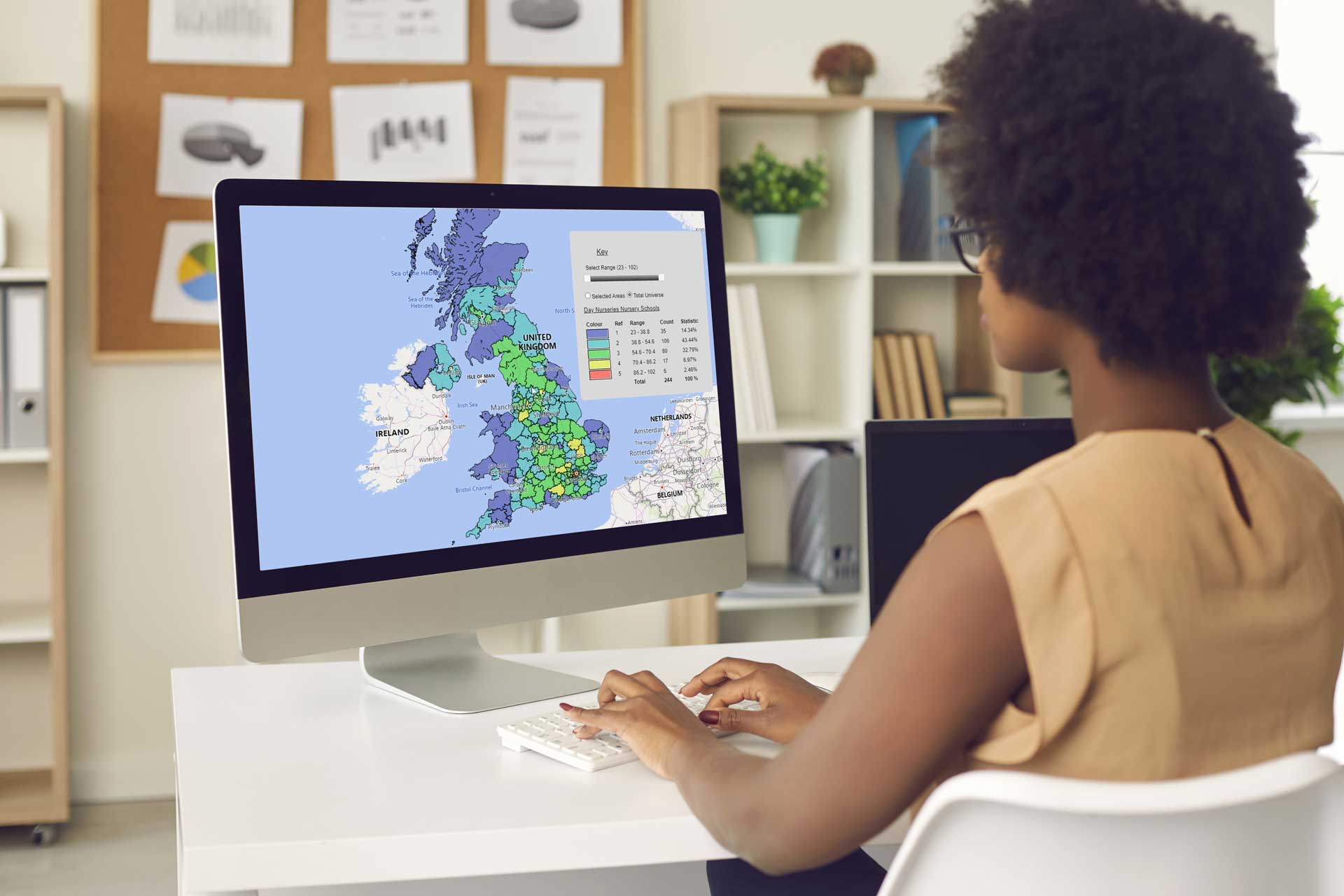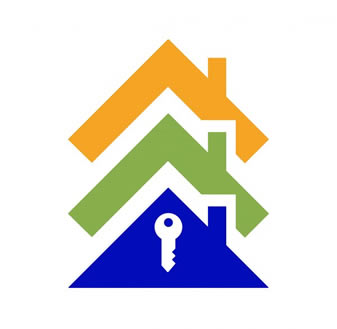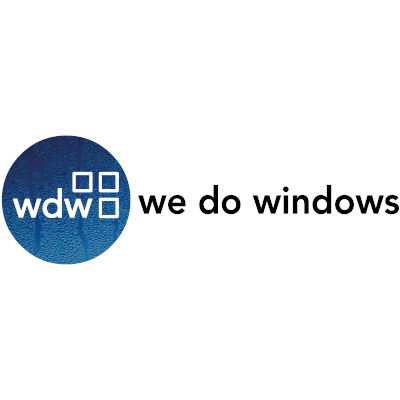
You’ve opened up new branches or sales outlets with optimism and excitement but are now struggling to understand why some locations are successful and others aren’t.
Your catchment areas were large, heavily populated, and close to other thriving businesses.
So they were bound to be a success, right?
But as the months passed, it became obvious that some of your branches, outlets, or shops were performing below expectations or even struggling to survive.
Could the locations be the problem? It’s a question worth thinking about, either when you need to make a change to your business model, or before you even start out and want to get the fundamentals right.
After all, the location of your main business or your branches is one of the biggest decisions you will have to make – one that can affect many aspects of your growth and ultimately contribute to or impede your success.
You may have decided your business locations should follow traditional boundaries such as county lines or geographical features, or even chose areas because you liked the area or live nearby.
But these kind of gut feelings or reliance on tradition may have no bearing whatsoever on whether your business does well or fails.
At Tech4T we’re often asked about and called upon to advise businesses about the locations of their branches, shops, outlets, and even main business premises. So we’re going to outline here why some may be working for you whilst others don’t.
Catchment area
You may have assumed that setting up new branches or locating your business in a seemingly popular area may mean greater opportunities. After all, a popular area implies there are plenty of people (and potential customers) living or travelling there.
But that is not always the case. It could be that an area you’ve selected is popular for only certain types of businesses, and despite the size of the catchment area, customers prefer to go elsewhere when looking for your services or products.
The area could be a very bad fit for your company despite the popularity of other businesses, so when considering your catchment area, it’s vital you take into account the factors that really matter to you and examine the data so that you make decisions based on fact, not assumptions.
Customers
Your records will show whether your branches, outlets, or other business locations are doing well, making sales, and attracting the customers and staff you want.
If sales are lacking, consider whether there really is a demand for your business in the area you have chosen. Are there enough people living in or visiting the location who could be your customers?
And think carefully about the types of customers (or even staff) that you want to attract. It may be that the demographics – age or gender – and behavioural data – habits, likes/dislikes/ influences and interests of the local population point to the fact that there is not enough demand for your business in the areas you have selected.
Logistics
On a practical level, access issues – gridlocked road systems, expensive or difficult to find parking, or poor public transport – can make it difficult for customers to reach you. The same goes for your suppliers and the services you rely on to continue trading. If logistically they find it hard to get to you, this can cause delays or lack of stock, or other issues that could have been mitigated (or removed completely) if you had selected a more convenient location.
Likewise, could your sales and support teams be spending their days unproductively travelling long distances to get to your location or even meet customers?
This could not only be causing staff frustration, but also putting up your transport costs.
Could it also be that you are set up in an expensive area where high rents and business rates are eating into your profits?
Competition
When you decided on your business location, did you take into account the competition in the area and whether this would hinder your success or even enhance it? Often having a similar business nearby can encourage buyers to visit you as they look for the best deal or service in the area. But by the same token, fierce competition in an area can mean you’re all chasing the same buyers, resulting in you having to reduce prices or offer special offers and deals just to get people through the door.
Locality
Perhaps footfall is poor around the location you’ve chosen because there are a lack of other attractions or popular venues to draw in potential customers. It could even be that the lack of good lighting or signage in the area is putting people off.
And even if it is busy, with plenty of people living and travelling there, they may not be the right type of customers for your business, and the locality attracts people who will never make a purchase from you.
Help Is Out There
If you are starting to think about planning a business location, or if you want to move premises, experts such as Tech4T can help.
The key is having access to the right kinds of data to help you understand where your ideal customers will be and where they will be prepared to go, and whether your business will be strategically placed to take advantage of opportunities and mitigate problems.
Tech4T’s Territory Runner is the most comprehensive interactive map-based Location Intelligence System around, using the data most relevant to you to help you easily choose the right location for your business premises and react when change is needed.

















































